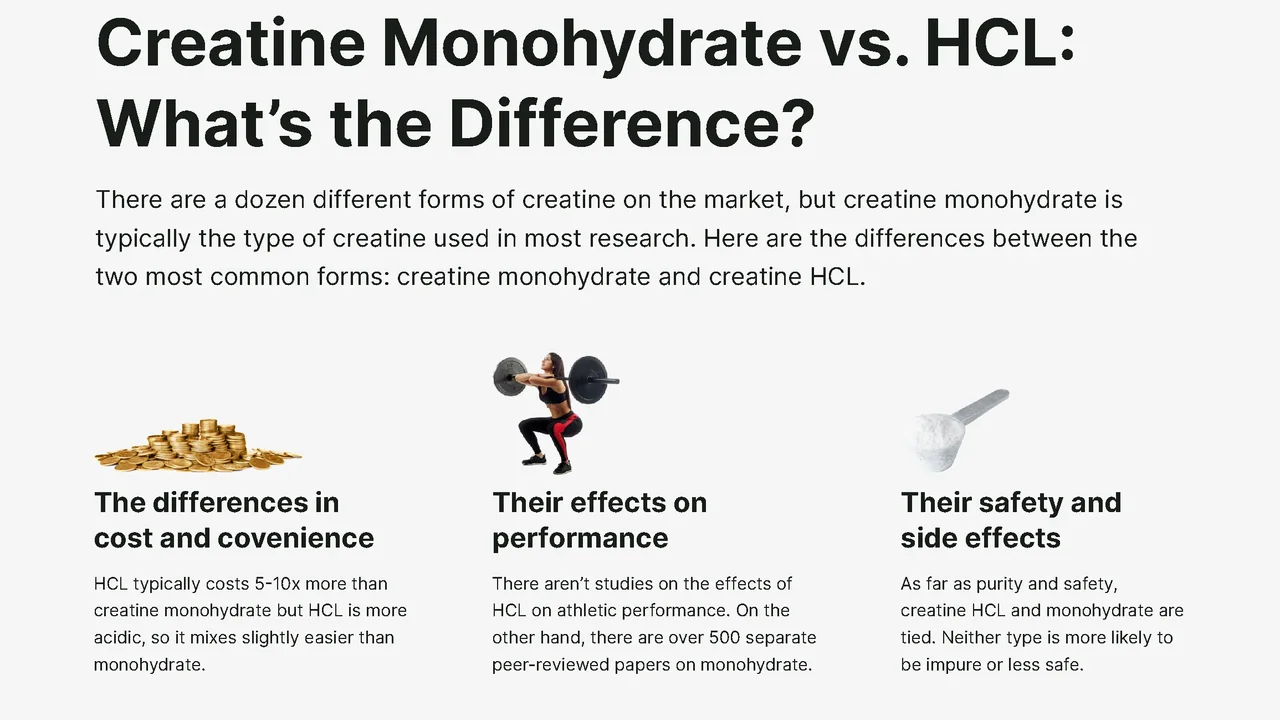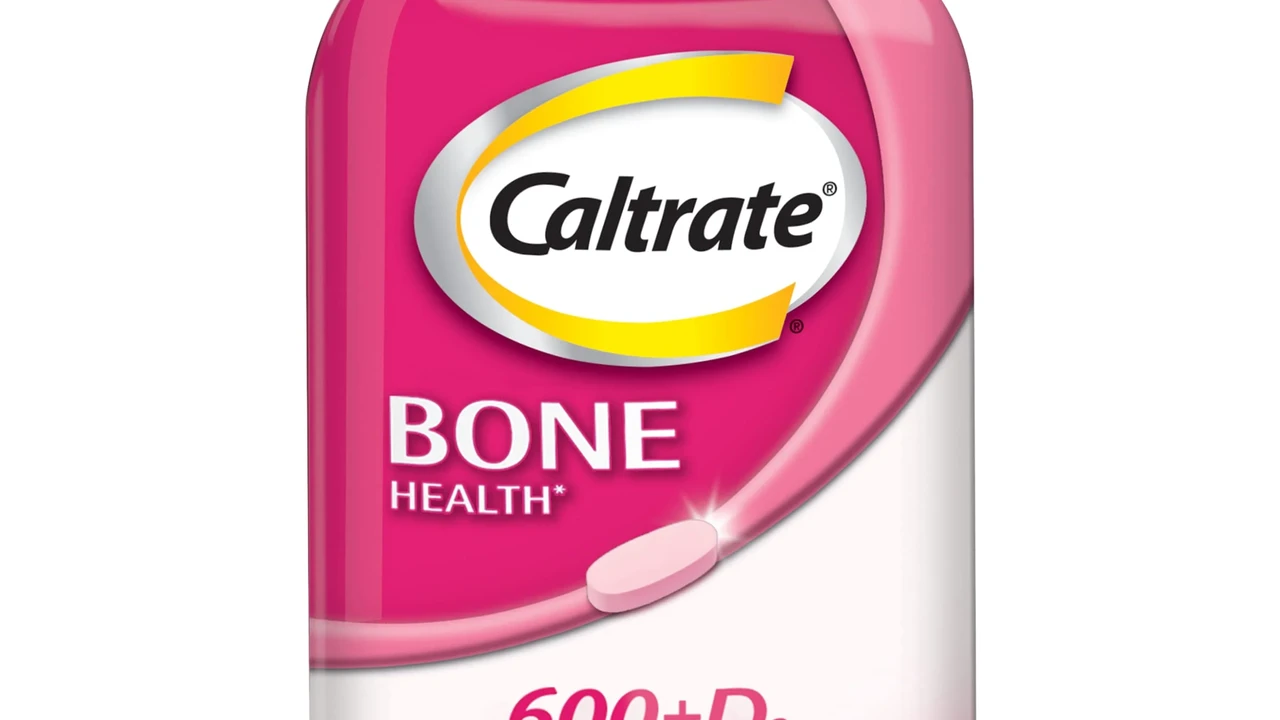Magnesium Supplements: 5 Types and Their Benefits

Uncover the benefits of magnesium and its importance for overall health. Explore different types of magnesium supplements and their specific uses. Find the right magnesium supplement to support your muscle and nerve function.
Introduction to Magnesium and its Importance
Hey there, health enthusiasts! Let's talk about magnesium – a mineral that's often overlooked but plays a HUGE role in keeping our bodies running smoothly. I'm talking about everything from muscle function to nerve transmission, blood sugar control, and even blood pressure regulation. It's seriously involved in hundreds of biochemical reactions in your body. Think of it as the unsung hero of your health. But here's the kicker: many of us aren't getting enough! That's where magnesium supplements come in. Let’s dive into the world of magnesium supplements, exploring the different types, their benefits, and how to choose the right one for you.
Why Magnesium is Crucial for Your Health
So, why is magnesium so important? Well, it’s essential for:
- Muscle and Nerve Function: Magnesium helps muscles contract and relax, and it’s crucial for nerve transmission.
- Energy Production: It's involved in converting food into energy.
- Bone Health: Magnesium contributes to bone structure and strength.
- Blood Sugar Control: It helps regulate blood sugar levels and insulin sensitivity.
- Heart Health: Magnesium supports a healthy heart rhythm and blood pressure.
A deficiency in magnesium can lead to a whole host of problems, including muscle cramps, fatigue, headaches, and even more serious issues like heart problems. That's why ensuring you get enough magnesium is vital for your overall well-being.
5 Types of Magnesium Supplements Exploring Magnesium Forms
Not all magnesium supplements are created equal. They come in various forms, each with its own absorption rate and specific benefits. Let's break down the most common types:
Magnesium Oxide Understanding Magnesium Oxide Benefits and Uses
Magnesium oxide is one of the most common and affordable forms of magnesium. It contains a high percentage of magnesium, but it's not absorbed very well by the body. That being said, it's often used to relieve constipation and heartburn due to its laxative effect.
Pros: Affordable, readily available.
Cons: Poorly absorbed, may cause digestive upset.
Best For: Occasional constipation relief.
Magnesium Citrate Benefits of Magnesium Citrate for Absorption
Magnesium citrate is another popular form that's known for its good absorption. It's often used to treat constipation and is also a good option for general magnesium supplementation.
Pros: Well-absorbed, readily available.
Cons: Can cause diarrhea if taken in high doses.
Best For: General magnesium supplementation and occasional constipation.
Magnesium Glycinate Magnesium Glycinate for Sleep and Relaxation
Magnesium glycinate is considered one of the best-tolerated forms of magnesium. It's bound to glycine, an amino acid that has calming properties. This makes it a great choice for people who want to improve sleep quality or reduce anxiety.
Pros: Highly absorbable, gentle on the stomach, promotes relaxation.
Cons: May be slightly more expensive than other forms.
Best For: Sleep, relaxation, and reducing anxiety.
Magnesium Threonate Magnesium Threonate and Cognitive Function
Magnesium threonate is a relatively new form of magnesium that has shown promise in improving cognitive function. It can cross the blood-brain barrier, which means it can directly affect brain cells.
Pros: May improve memory and cognitive function.
Cons: More expensive, limited research compared to other forms.
Best For: Cognitive enhancement and brain health.
Magnesium Sulfate (Epsom Salt) Epsom Salt for Muscle Soreness and Relaxation
Magnesium sulfate, also known as Epsom salt, is typically used in bath salts. It can be absorbed through the skin, providing relief from muscle soreness and promoting relaxation.
Pros: Easy to use in baths, relieves muscle soreness.
Cons: Not as effective for raising magnesium levels internally.
Best For: Muscle relaxation and soothing sore muscles.
Choosing the Right Magnesium Supplement For Your Needs
Okay, so now you know about the different types. But how do you choose the right one for you? Here are a few factors to consider:
- Your Specific Needs: Are you looking to improve sleep, relieve constipation, or boost your brainpower?
- Your Sensitivity: Some forms of magnesium can cause digestive upset, so choose one that's gentle on your stomach.
- Your Budget: Magnesium supplements range in price, so consider how much you're willing to spend.
Recommended Magnesium Supplement Products
Alright, let's get down to brass tacks. Here are a few specific magnesium supplement products that I recommend:
Nature Made Magnesium Citrate Tablets Product Review and Usage Scenarios
Product: Nature Made Magnesium Citrate Tablets
Form: Magnesium Citrate
Pros: Widely available, affordable, and well-absorbed. A good all-around option for general magnesium supplementation.
Cons: Can cause diarrhea if taken in high doses.
Usage Scenario: Take one tablet daily with a meal. Good for those needing a general magnesium boost and occasional constipation relief.
Price: Around $10 for a bottle of 100 tablets.
Doctor's Best High Absorption Magnesium Glycinate Product Review and Benefits
Product: Doctor's Best High Absorption Magnesium Glycinate
Form: Magnesium Glycinate
Pros: Highly absorbable, gentle on the stomach, and promotes relaxation. Excellent for improving sleep quality and reducing anxiety.
Cons: Slightly more expensive than other forms.
Usage Scenario: Take two tablets before bed to improve sleep quality and reduce anxiety.
Price: Around $20 for a bottle of 120 tablets.
Life Extension Neuro-Mag Magnesium L-Threonate Supplement Review and Cognitive Benefits
Product: Life Extension Neuro-Mag Magnesium L-Threonate
Form: Magnesium L-Threonate
Pros: Shown to improve memory and cognitive function by crossing the blood-brain barrier.
Cons: More expensive and has limited research compared to other forms.
Usage Scenario: Take three capsules daily, following the directions on the label, to support cognitive health.
Price: Around $30 for a bottle of 90 capsules.
Comparing Magnesium Supplements and Their Pricing
Let's break down a quick comparison to help you make an informed decision:
| Supplement Type | Pros | Cons | Price (Approximate) | Best For |
|---|---|---|---|---|
| Magnesium Oxide | Affordable | Poor absorption, digestive upset | $10/bottle | Occasional constipation |
| Magnesium Citrate | Well-absorbed, readily available | Diarrhea in high doses | $10/bottle | General supplementation, constipation |
| Magnesium Glycinate | High absorption, gentle, relaxation | Slightly more expensive | $20/bottle | Sleep, relaxation, anxiety |
| Magnesium Threonate | Cognitive benefits | Expensive, limited research | $30/bottle | Cognitive enhancement |
| Epsom Salt | Easy to use in baths | Not for internal magnesium levels | $5/bag | Muscle relaxation |
Magnesium Dosage and Potential Side Effects Understanding Magnesium Supplementation
Before you start popping magnesium pills like candy, it's important to understand the proper dosage and potential side effects. The recommended daily allowance (RDA) for magnesium is around 400-420 mg for men and 310-320 mg for women. However, your individual needs may vary depending on your age, health status, and activity level.
Common side effects of magnesium supplements include diarrhea, nausea, and stomach cramps. To minimize these side effects, start with a low dose and gradually increase it over time. Also, be sure to take your magnesium supplement with food to improve absorption and reduce the risk of digestive upset.
When to Consult a Doctor Before Taking Magnesium
While magnesium supplements are generally safe, it's always a good idea to talk to your doctor before starting any new supplement regimen, especially if you have any underlying health conditions or are taking any medications. Magnesium can interact with certain medications, such as antibiotics and diuretics, so it's important to make sure it's safe for you.
If you have kidney problems, you should be especially cautious about taking magnesium supplements, as your kidneys may not be able to process magnesium effectively. Your doctor can help you determine the right dosage and type of magnesium supplement for your individual needs.
Incorporating Magnesium-Rich Foods into Your Diet
While supplements can be helpful, it's always best to get your nutrients from whole foods whenever possible. Fortunately, there are plenty of magnesium-rich foods to choose from, including:
- Leafy Greens: Spinach, kale, and collard greens are packed with magnesium.
- Nuts and Seeds: Almonds, cashews, pumpkin seeds, and sunflower seeds are all good sources.
- Legumes: Black beans, kidney beans, and lentils are rich in magnesium.
- Whole Grains: Brown rice, quinoa, and oats provide a good dose of magnesium.
- Dark Chocolate: Yes, you read that right! Dark chocolate is a delicious way to boost your magnesium intake.
By incorporating these foods into your diet, you can help ensure you're getting enough magnesium without relying solely on supplements.
Final Thoughts on Magnesium Supplements
Magnesium is a vital mineral that plays a crucial role in many aspects of our health. While many of us aren't getting enough through diet alone, magnesium supplements can be a safe and effective way to boost your levels and support your overall well-being. By understanding the different types of magnesium supplements and their benefits, you can choose the right one for your individual needs and start feeling your best. So, go ahead and give your body the magnesium it craves – you'll thank yourself later!
:max_bytes(150000):strip_icc()/277019-baked-pork-chops-with-cream-of-mushroom-soup-DDMFS-beauty-4x3-BG-7505-5762b731cf30447d9cbbbbbf387beafa.jpg)






